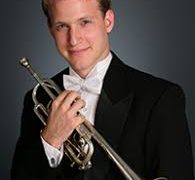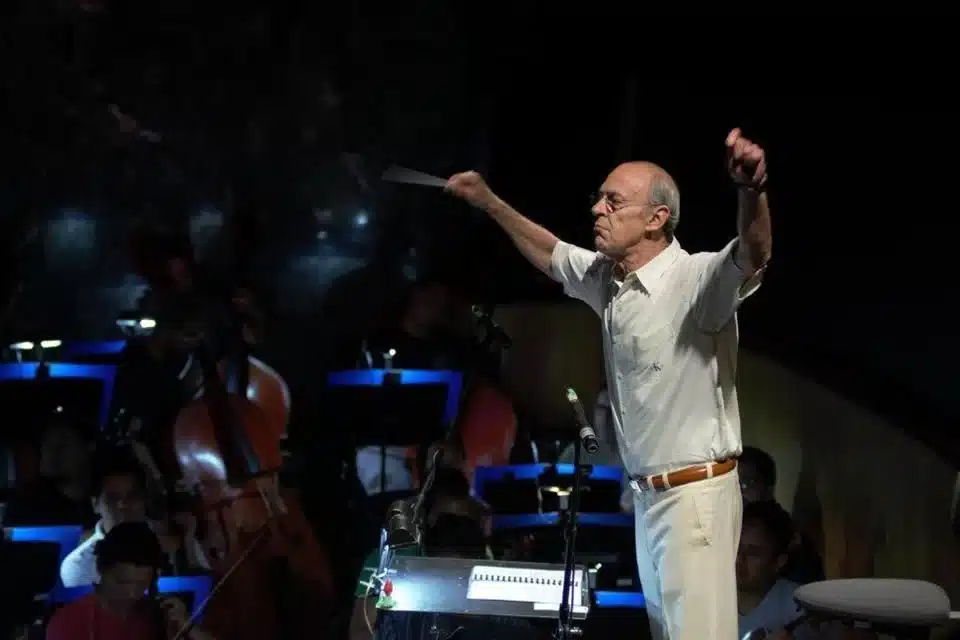Boulez’s computer wiz has died
mainWe regret to report the death of David Wessel, a California computer music specialist who went to Paris in 1976 as part of the founding team at IRCAM, the Institut de Recherche et Coordination Acoustic/Musique. He became IRCAM’s head of education and taught the first computer music class at the Paris Conservatoire. Samples of his music can be heard in an IRCAM compilation here.
From 1988 he taught at UC Berkeley, where he promoted the art of improvisation.






an interesting interview here
http://cycling74.com/2005/09/13/an-interview-with-david-wessel/
Very sad news indeed! 🙁
A lot could be said about IRCAM if it were worth the trouble, but the least that can be concluded is that it has nothing to do with music as an art form. One can understand that people, with compositional ambition but lacking any musical talent, would see in this heavily-subsidised quasi-science-fiction playground a welcome opportunity to escape from the requirements of the real world and especially, of culture. It looks (and the video sounds) so outdated and puerile. No wonder the institute is often referred to as the Institute for the Retrograde Conservation of Abominable Musicians.
What has happened to the ambitious plans to preserve Boulez’ brains through computerized means? In an extensive article in Le Monde of July 2011 about the future of IRCAM, mention was made of the construction of a super computer which would be connected, through electrodes, to B’s brains in a tank of formaldehyde so that his fertile mind could be preserved for posterity and especially, for the flocks of sonic artists in need of direction. ( ‘l’Atomisation des pensées acousmatiques d’outre-tombe’, Le Monde 6/7/11)
I think your comment is not entirely fair or correct. Institutions like IRCAM were at the forefront of sound design, and many commercial synths used in ‘real’ music were inspired by it. Maybe not all people working there are gifted composers in the traditional sense, but they did make huge contributions
Yes, but not to music as an art form. The problem is that such contributions claim space and money as music, while these claims should be formulated as an art, fundamentally different from music. Presenting it as art music damages music in general which pushes the central performance culture further into a museum culture.
Nobody, absolutely nobody at all, can legislate as to what music is or is not (as an art form or anything else). It is impossible, unnecessary and unwise. It is OK to dislike something, and it is even OK not to understand something, but it is not OK to create a false moral imperative to hide them. Especially at the time of a sad loss, loved by those close to him, and deeply respected by those who only knew him through his work.
It always confounds me why some people would be so proud at making a show of their ignorance and the limitations of their ability to understand (a complicated expression for “stupidity”). I don’t comprehend quantum physics, therefore I will call Geneva’s Large Hadron Collider, “this heavily-subsidised quasi-science-fiction playground, a welcome opportunity to escape from the requirements of the real world and especially, of science”.
Why am I NOT surprised when it is the same people who try to spread rumors by referencing invented interviews and articles ?
Quantum mechanics never pretended to be art.
The quasi-scientification that people like Boulez initiated after WW II is a caricature of both art and science (read his ‘Orientations’… collection of writings, many of them for Darmstadt).
The argument that if you are against something, in this case: against pretense, not against the thing in itself (NB), it must be because of lacking understanding, is as old as these quasi-scientific pretenses. That is why this scientification of ‘music’ was very helpful at the time, as a defense againt rejection. Ignorance about the history and nature of postwar developments of new music supports those misunderstandings then ad infinitum.